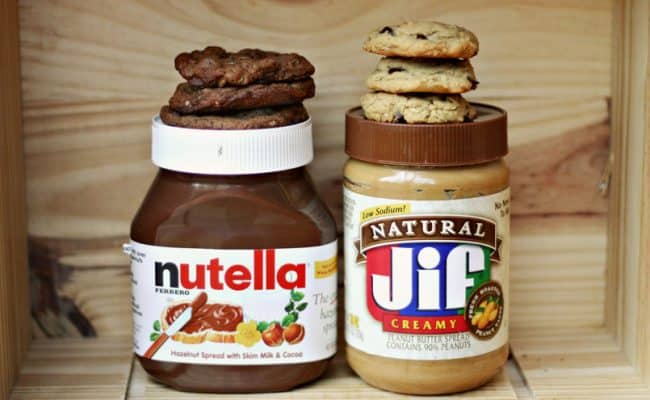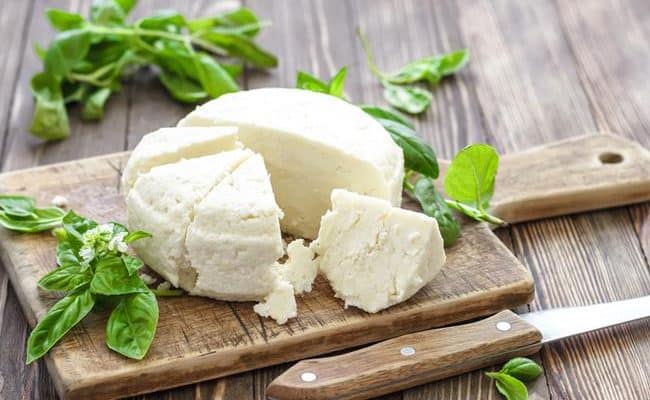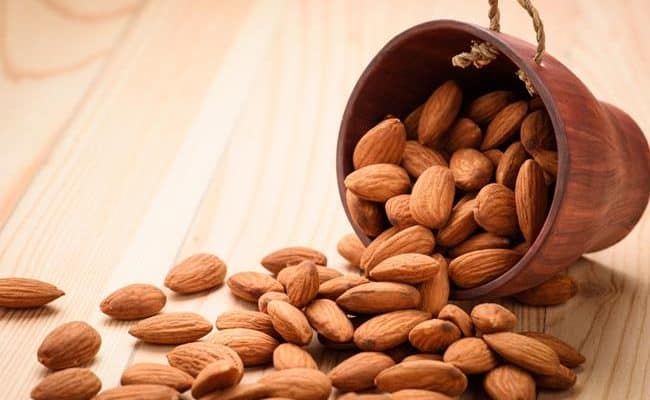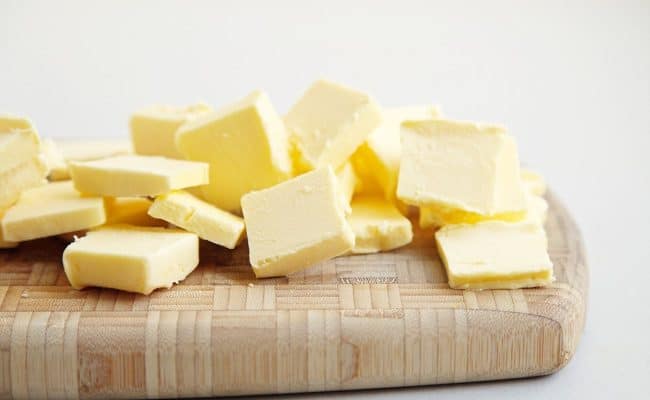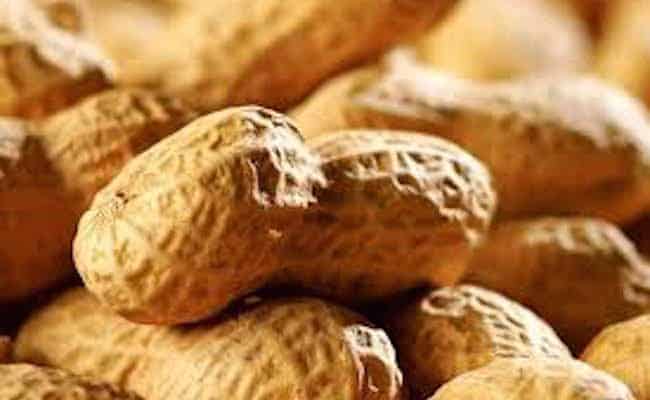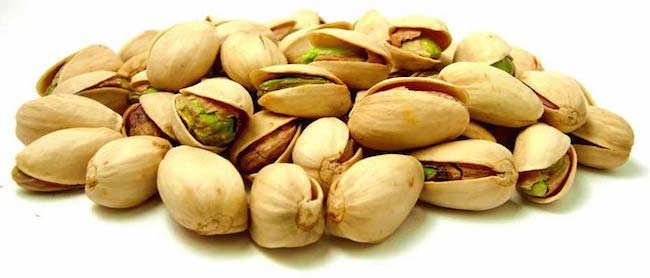
Peanut butter is a much loved staple in the diet of most Americans. Most Americans were brought up eating peanut butter and jelly sandwiches, peanut butter baked goods and peanut butter flavored foods.
Peanuts are usually thought of like a nut because their nutritional profile and taste is similar to other nuts.
However, peanuts are actually a legume native to South America. Like other nuts, peanuts are relatively high in calories as about half the weight of peanuts is from fat.
Peanuts are a good source of heart healthy monounsaturated fats and have been shown, like other nuts, to have a positive benefit on cardiovascular health.
Even though peanuts are relatively caloric dense, eating peanuts in moderation isn’t associated with weight gain.
Peanut butter can have the same health benefits as peanuts.
However, other ingredients can be added to peanut butter that may not be beneficial like extra oils, sugar and preservatives.
Nutrition of peanut butter
Two tablespoon of peanut butter provides about 190 calories, 16 grams of fat, 6 grams of carbohydrates, 8 grams of protein and 2 grams of fiber.
Of the 16 grams of fat, about half of this amount (8 grams) comes from monounsaturated fat. The other fat amount comes from 4.4 grams of polyunsaturated fat and about 3.3 grams from saturated fat.
Peanut butter is low in carbohydrates, and half of the carbohydrate amount with about a third of the carbohydrates coming from fiber.
Peanut butter is considered a low glycemic load food; it won’t raise blood sugar much after eating.
Besides being a source of protein, fiber and heart healthy fats peanut butter provides many vitamins and minerals.
Peanut butter is a source of B vitamins, vitamin E, magnesium, potassium, zinc, iron, copper, manganese and selenium (1).
Data from the National Health and Nutrition Examination Survey (NHANES) suggests children and adults who eat more peanuts and peanut butter were found to have higher intakes of these nutrients than those who don’t consume as much peanuts or peanut butter (2).
Antioxidants from peanuts
Oxidative stress in the body can be associated with chronic disease risk. A diet high in antioxidants from fruits, vegetables and whole grains can provide antioxidants that can protect against oxidative stress.
A 2006 review (3) suggests peanuts can also contribute significantly to antioxidants from the diet.
In fact, nuts are some of the highest dietary sources of antioxidants. Peanuts may have a higher antioxidant capacity than green tea or red wine.
A 2016 review (3) found higher nut consumption, including peanut butter, was associated with reduced risk of cardiovascular disease, cancer, cancer mortality and all cause mortality.
This association may be from the antioxidants in nuts and peanuts, but more research is needed to clarify components in peanuts that offer health benefit.
Peanuts are a source of the antioxidant reservatrol. Reservatrol has been implicated in lowering risk for cancer, cardiovascular disease, Alzheimer’s disease and delayed aging.
Reservatrol is usually associated with wine, but peanuts are another dietary source.
Peanut butter and heart health
In 2003, the FDA approved a claim for peanuts and tree nuts suggested as part of a low fat diet, eating 1.5 ounces of nuts per day may help lower risk for heart disease.
Epidemiological studies have consistently shown an association between nut intake and lowered risk for cardiovascular disease.
A 2008 review (4) found a pooled analysis from 4 studies found subjects with the highest nut intake had about a 35% lowered incidence for heart disease.
Peanuts contain many components that may be beneficial for heart health including: antioxidants, fiber, potassium, magnesium and phytochemicals.
One way nuts including peanuts can help lower risk for heart disease is to lower LDL cholesterol levels.
Peanut butter and body weight
Even though nuts and peanut butter are relatively calorically dense because of their high fat content, long term nut consumption has been associated with lower body weight and risk for weight gain.
This suggests even though nuts and peanut butter are calorically dense, they don’t seem to increase risk for weight gain like other higher fat foods.
There are some thoughts as to why nuts may not increase risk for weight gain. It could be eating nuts and peanut butter help regulate appetite after eating.
The fiber and protein content can help keep satiety high after eating. Another suggestion is we may not digest and absorb all the calories in nuts or nut butter.
What to look for in peanut butter
Peanut butter can be simply ground up peanuts. However, peanut butter can have added oils, sweeteners, salt and other stabilizers.
Choosing peanut butters that are purely ground peanuts can be the healthiest choice. Natural separation of oil can happen in natural peanut butter which can appear unappetizing.
However, it is a natural separation and can be fixed by mixing the peanut butter together. Storing in cooler temperatures can also help keep the peanut butter from separating.
Conclusion: Is peanut butter good for you?
Peanut butter and nuts are considered good for health as part of a healthy, balanced diet. Many studies have shown an association between nut and peanut butter intake and lowered risk for heart disease, all cause mortality and cancer.
Peanuts are a good source of antioxidants, heart healthy fats, vitamins, minerals and fiber. These nutrients may be in part the reason for health benefits associated with nut intake.
While eating more peanut butter isn’t a cure or guaranteed protection from chronic diseases, study results suggest there is an association between chronic nut and peanut butter consumption and health benefits, including not increasing risk for weight gain.
Peanut butter that has no added ingredients can be considered healthiest, as sometimes other oils, sweeteners and salt can be added to peanut butter that can alter the nutritional profile.
